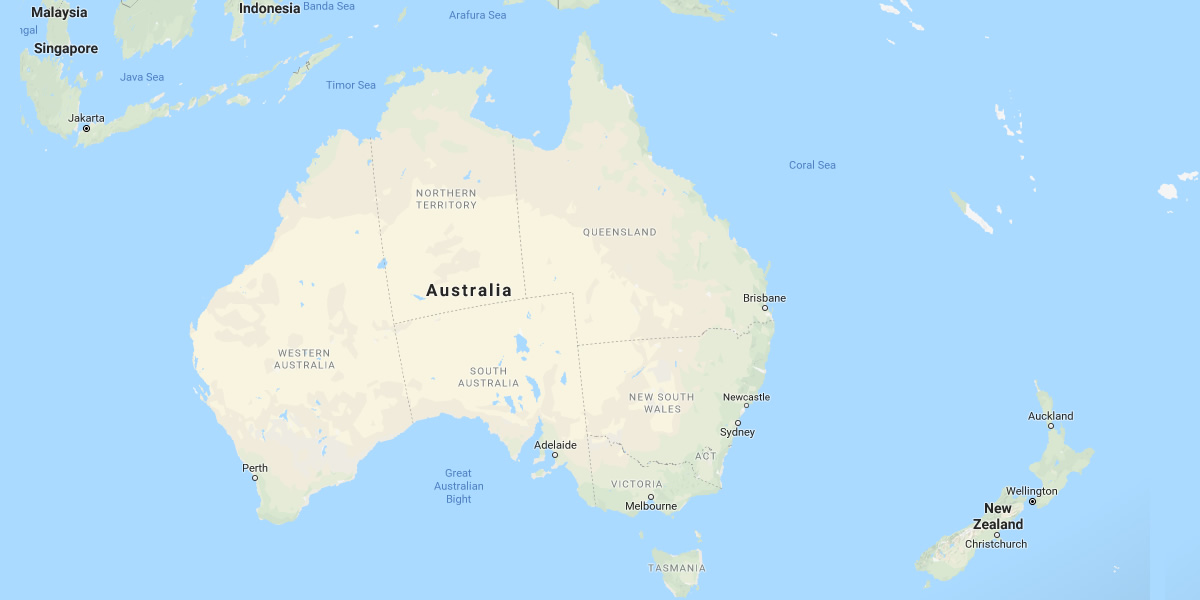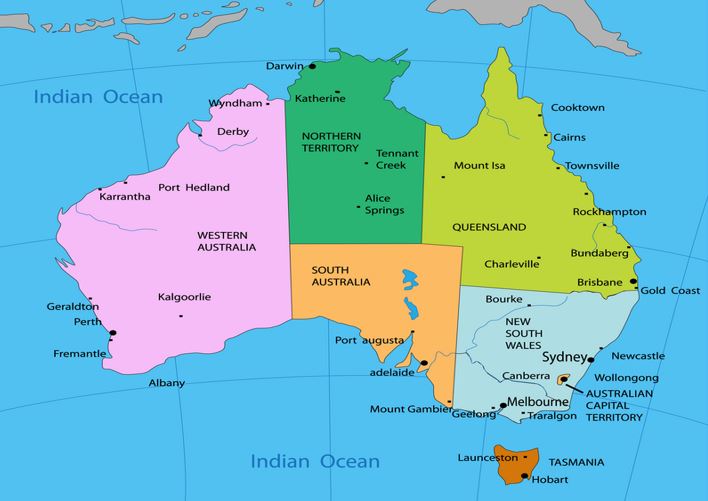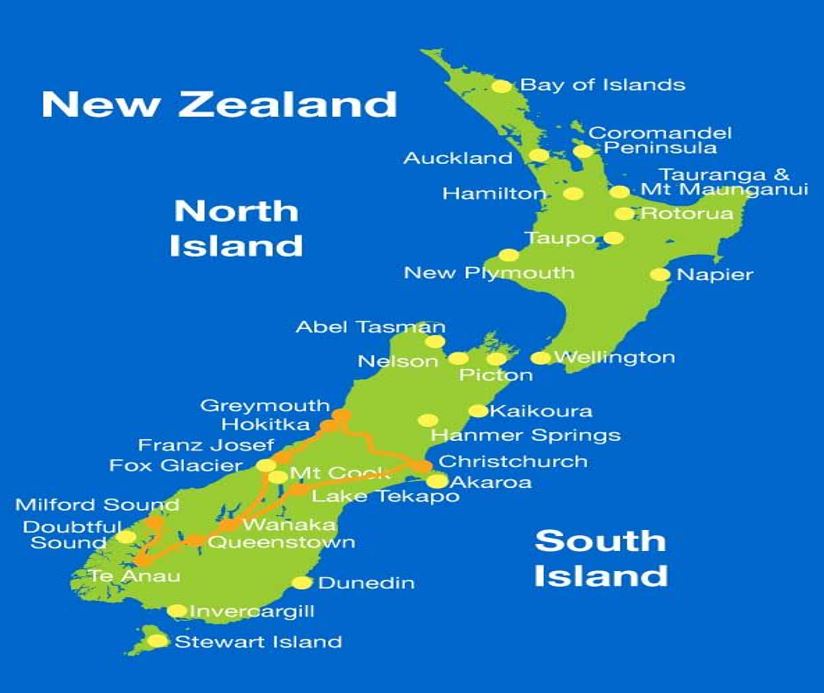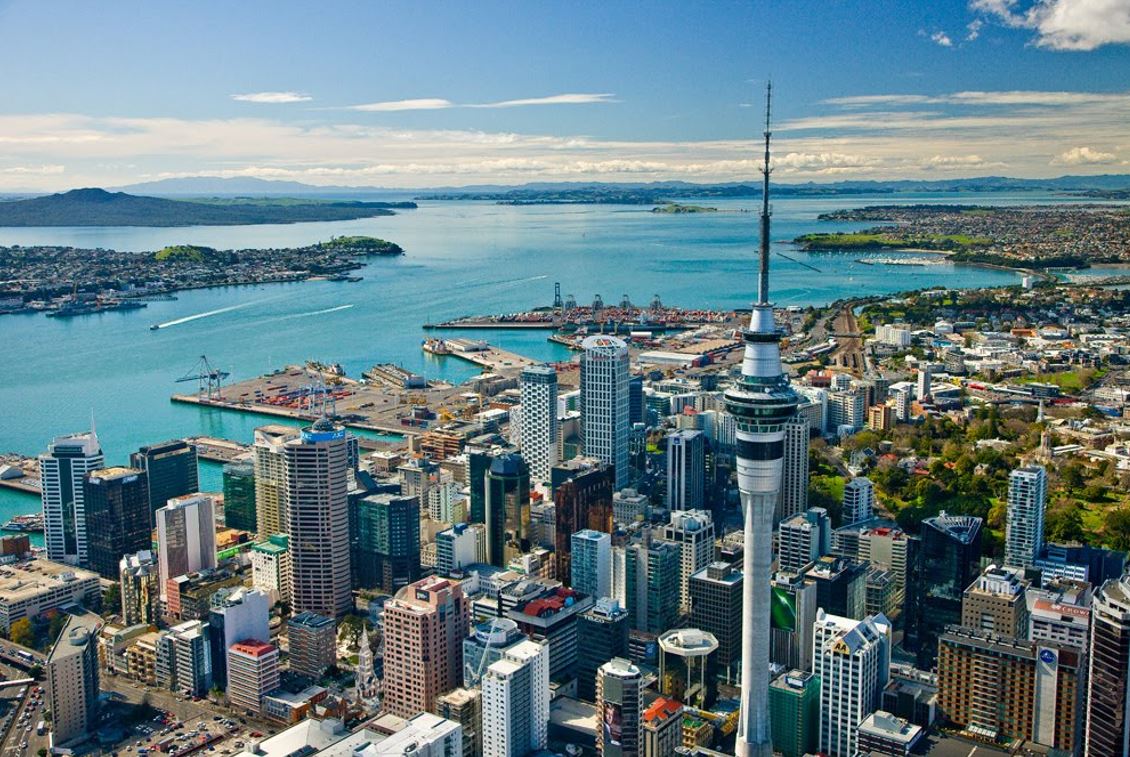
Qualification Requirements for Working and Teaching in the United Kingdom, Australia and New Zealand
K-12 International, Local Government and IB Curriculum Schools:
- 4 year general BA university degree with PGCE or HDE Diploma
- B.Education Degree in Field of Specialization
- Generally 2 years post-graduate experience required
University ESL/Vocational Lecturers
- 4 year general BA university degree with TEFL/TESOL/DELTA
- Masters degrees preferred
- Generally 3 years post-graduate adult teaching experience at university level preferred
Other Professions
- 4 year general BA university degree in field of specialization
- Trade qualifications as per international standards
Salary and Benefits packages
- Competitive market-related salary commensurate with the industry, qualifications/ years of experience
- Flights to the UK, Australia and New Zealand generally have to be paid for by the applicant and the costs associated with obtaining work visas and permits are also considerable. Document attestations etc. are also the responsibility of the applicant
- Furnished accommodation | accommodation allowance as set out in the employee contract
- Medical Aid as per the specific countries labour laws.
- Legal work visa or Leave to Remain as per each country’s immigration laws
NB: Immigration rules and regulations qualifying foreign expats to work or teach in the UK, Australia and New Zealand pertaining to different professions vary from country to country and is also subject to immigration quota systems. The minimum qualifications and experience required as well as the other qualifying criteria set for each role and country will be specified in job adverts at the time of advertising.
Working and Teaching in Australia
Australia, officially called the Commonwealth of Australia, is a country and sovereign state in the southern hemisphere, located in Oceania. Its capital city is Canberra, and its largest city is Sydney.
Australia is the sixth biggest country in the world by land area, and is part of the Oceanic and Australasian regions. Australia, New Zealand, New Guinea and other islands on the Australian tectonic plate are together called Australasia, which is one of the world’s great ecozones. When other Pacific islands are included with Australasia, it is called Oceania.
Australia has six states, two major mainland territories, and other minor territories. The states are New South Wales, Queensland, South Australia, Tasmania, Victoria, and Western Australia. The two major mainland territories are the Northern Territory and the Australian Capital Territory (ACT).
In 2013 according to world bank Australia had just over 23.13 million people. Most Australians live in cities along the coast, such as Sydney, Melbourne, Brisbane, Perth, Darwin, Hobart and Adelaide. The largest inland city is Canberra, which is also the nation’s capital. The largest city is Sydney.
Australia is a very big country, but much of the land is very dry, and the middle of the continent is mostly desert. Only the areas around the east, west and south coast have enough rain and a suitable climate (not too hot) for many farms and cities.
Australia is known for its mining, its production of wool, and as the world’s largest producer of bauxite Its emblem is a flower called the Golden Wattle.
Quick Facts:
Capital City: Canberra
Government: Unitary Parliamentary Constitutional Monarchy
Monarch: Elizabeth II
Prime Minister: Malcolm Turnbull
Governor-General: Sir Peter Cosgrove
Currency: Australian Dollar (AUD)
Official language: English
International Dialing code: +61

Working and Teaching in New Zealand
New Zealand (also known as Aotearoa) is an island country in Oceania. It is a sovereign state in the south-western part of the Pacific Ocean. It is made up of two large islands (the North Island and the South Island) and many smaller islands. These islands are located to the southeast of Australia.
The capital city of the country is Wellington, but the largest city is Auckland. Both of these cities are on the North Island. The largest city on the South Island is Christchurch.
The official languages are English, Māori and New Zealand sign language. English has never been officially granted official language status but it is used as a default official language due to its wide usage. In 2010, New Zealand was ranked as the 8th happiest country in the world.
The name “New Zealand” comes from “Zeeland” (which translates to “Sealand”) in Dutch, after it was sighted by Dutch Explorer Abel Tasman. Zeeland is a province of the Netherlands. New Zealand is called “Aotearoa” in the Māori language. It means “Land of the Long White Cloud”. Ao means “cloud”, tea means “white”, and roa means “long”.
New Zealand is a constitutional monarchy and parliamentary democracy. The head of state is Queen Elizabeth II. The Prime Minister is Jacinda Ardern. As of the 2006 census, 4,143,279 people lived in New Zealand. Most of them have European ancestors. The indigenous people of New Zealand, the Māori, had a population of 565,329, or 14.6%.
The people of New Zealand often call themselves Kiwis, representing their national native although flightless bird. The North Island is smaller than the South Island, but most people (more than 3 million) live there.
The main religion in New Zealand is Christianity. Just over 2 million New Zealanders are Christian.
Farming represents a large community in both the North and South Islands. Most New Zealanders, however, choose to live in more urban areas. Wellington is the capital of New Zealand. Auckland is the largest city, with around 1 million people. Other cities in the North Island include Hamilton, Tauranga, Napier/Hastings, New Plymouth, Wanganui, and Palmerston North. South Island cities include Christchurch, Dunedin, Nelson, Invercargill and Timaru.
Quick Facts:
Capital City: Wellington
Government: Unitary Parliamentary Constitutional Monarchy
Monarch: Elizabeth II
Prime Minister: Jacinda Ardern
Governer-General: Dame Patsy Reddy
Currency: New Zealand Dollar (NZD)
Official language: English
International Dialling code: +64








